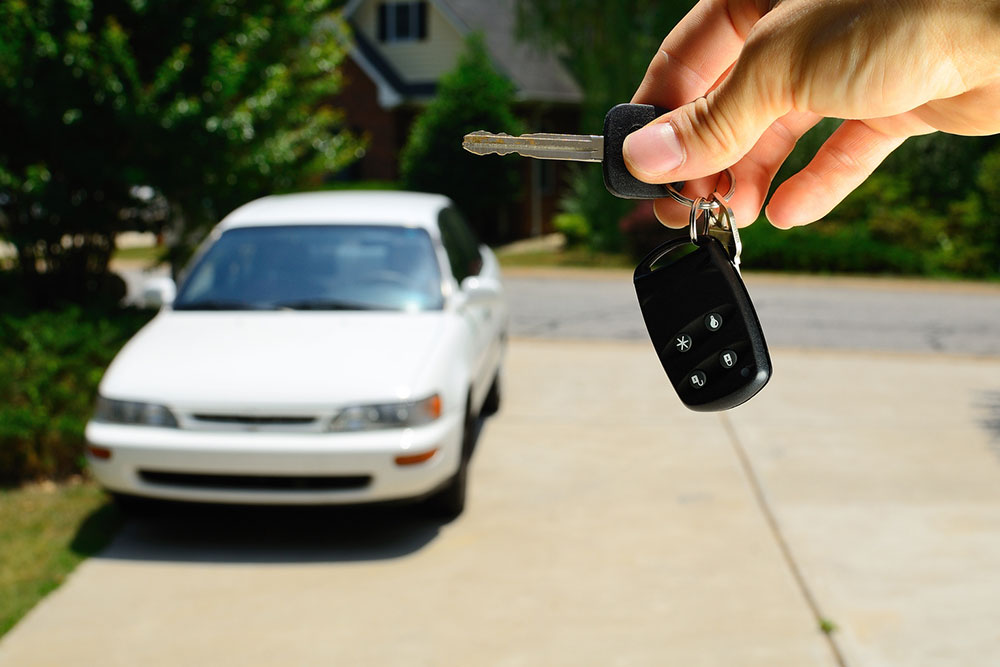8 Steps to Get the Right Valuation for a Used Car
Valuing a used car correctly is crucial for both buyers and sellers. Finding the right value for a used car ensures transparency and ultimately leads to satisfactory outcomes for all parties involved. Rushing through the valuation process or neglecting key factors can lead to buyer-and-seller mispricing, dissatisfaction, and even financial loss. Taking the time to conduct a comprehensive valuation ensures fairness, transparency, and satisfaction in the transaction.
1. Research the market
Begin by researching the market to understand the prevailing prices for the make, model, year, and trim level of the used car one is interested in. Utilize online resources such as Kelley Blue Book, Edmunds, Autotrader, and similar platforms to gather pricing data.

2. Assess the condition
It is important to evaluate the condition of a used car thoroughly. Its condition plays a critical role in determining its value. Inspect the car’s exterior for any signs of damage, including dents, scratches, rust, or paint issues. Also, check the interior for wear and tear, such as the condition of the upholstery, dashboard, and functionality of electronics.
3. Consider the mileage
Mileage plays a significant role in determining the value of a used car. Consider the mileage of the used car and its age. Lower mileage typically suggests less wear and tear, which can increase the car’s value. However, excessively low mileage for the car’s age might raise concerns about mechanical issues from prolonged disuse. Similarly, a car with high mileage does not mean it is a deal-breaker. There is nothing to worry about if the car is well maintained and properly serviced periodically. Evaluate the mileage in conjunction with the vehicle’s overall condition to gauge its value accurately.
4. Check location
Consider geographic factors that may influence the value of the used car. Consider the climate, road conditions, and local market demand in the area where the car is being sold. Cars in regions with harsh winters or coastal areas may have suffered more wear and tear. It could be due to salt corrosion or humidity, impacting their value. Additionally, local market demand and preferences may also show variation, affecting a used car’s selling price or valuation. Consider these location-specific factors when valuing a car to obtain a more accurate estimate of its worth.
5. Factor the age
The age of the used car is another critical factor to consider. Most newer cars can earn sellers higher prices, but depreciation rates vary based on makes and models. Classic or vintage car values may appreciate over time, specifically if they are well-maintained or have historical significance. However, newer models with advanced features and technology may retain their value better than their older counterparts. It is important to evaluate the age of the car in addition to its condition and market demand to determine its worth accurately.
6. Check features and options
When trying to find the value of a used car, consider the model, features, and other options available in the market. Features like leather seats, sunroofs, premium sound systems, navigation systems, and advanced safety features can help appreciate the car’s value. Conversely, missing or non-functional features may also be counted, as they will result in lower valuations or repair costs. Sellers must consider the specific models and determine the pricing they want to tag on the car. At the same time, buyers should check the market and use calculators from reliable sources like the Kelley Blue Book to know the estimated value of the car they want to purchase.
7. Seek multiple opinions
Gather multiple opinions on the valuation of the used car to obtain a comprehensive understanding of its worth. Individuals should consult various sources, including online valuation tools, dealerships, private sellers, and automotive professionals. By gathering insights from different sources, one can better understand the range of prices for similar cars. This research and time invested will help them arrive at a more accurate estimate of the car’s value. While online tools provide a starting point, personalized assessments from experts or experienced sellers can offer valuable insights into the factors influencing the car’s worth.
8. Negotiate
Finally, be prepared to negotiate the used car’s price based on the data obtained from research and assessment. Use the information gathered on the car’s condition, features, market demand, and prevailing prices to justify the offer during negotiations. Remember that factors such as the condition of the car, its features, market demand, and economic conditions will all influence the negotiation process to a certain extent. Approach negotiations with transparency. Be flexible and willing to reach a fair deal for both parties involved. Be prepared to compromise and find a mutually agreeable price with the other party.

